On the afternoon of October 23, continuing the 8th Session, the National Assembly held a plenary discussion in the hall on a number of contents with different opinions of the draft Law on Cultural Heritage (amended).

Before the discussion, the National Assembly listened to the report of the Standing Committee of the National Assembly, Chairman of the National Assembly's Committee on Culture and Education Nguyen Dac Vinh on explaining, accepting and revising the draft Law on Cultural Heritage (amended). Chairman of the Committee on Culture and Education Nguyen Dac Vinh said that the draft Law after being accepted, adjusted and completed for submission to the National Assembly for consideration at this session consists of 9 chapters and 100 articles, 2 articles less than the draft submitted at the 7th session.
Chairing the session, Vice Chairwoman of the National Assembly Nguyen Thi Thanh said that this is a draft law with many large contents, deep expertise, high social nature, and a wide range of direct impacts, receiving great attention from voters nationwide and National Assembly deputies. At the 7th session, there were 122 comments expressed in groups and halls, and 2 deputies sent written comments. After the session, the National Assembly Standing Committee directed the Appraisal Agency to coordinate with the Drafting Agency and relevant agencies to organize research, collect opinions from experts, scientists, and people with experience in management work to absorb, explain, and revise the draft law; consider and give opinions at the specialized legal session and the Conference of full-time National Assembly deputies in August 2024.
Proposing separate management mechanisms for special heritages and world heritages
Discussing at the conference hall, delegate Duong Van Phuoc (Quang Nam) said that Clause 2, Article 3 stipulates: Tangible cultural heritage is a material product with historical, cultural and scientific value, including historical and cultural relics, scenic spots, relics, antiquities and national treasures. However, the delegate said that in the Tangible Cultural Heritage section, there are also world cultural heritages, world natural heritages and mixed world cultural and natural heritages recognized by UNESCO.
“These heritages must not only meet the criteria specified in the draft law, but also meet the criteria of UNESCO. Therefore, it is recommended that there should be separate regulations on separate mechanisms and management models suitable to the characteristics of these heritages. Assuming a common management mechanism for other relics, including for world heritage objects, will cause many inadequacies in the management and promotion of heritage values in practice in the coming time,” the delegate said.
Emphasizing the protection of urban heritage, in the case of the ancient urban heritage of Hoi An, delegate Duong Van Phuoc said that this urban area has different characteristics compared to most other relics in Vietnam. This is a "living museum", with thousands of people living and associated with the administrative management of 4 wards of Hoi An city. The management of relics in Hoi An is not only according to the Law on Cultural Heritage, but is also affected by many other laws such as the Penal Code, Civil Law, Labor Law, Law on Organization of Local Government, etc. This is a complex of architectural and artistic relics with a large number and diverse types, so the delegate suggested that there should be a separate management mechanism.
Support the establishment of a Cultural Heritage Conservation Fund

At the discussion session, some delegates expressed their interest in the Cultural Heritage Conservation Fund. The majority of opinions said that the establishment of the Cultural Heritage Conservation Fund is very necessary to support funding for activities of preserving, repairing and restoring cultural heritage that the state budget cannot meet. The Fund will contribute to protecting and promoting the values of cultural heritage, which is an important resource to promote the country's socio-economic development.
Delegate, Venerable Thich Duc Thien (Dien Bien) emphasized that in order for the Cultural Heritage Conservation Fund to operate effectively, there should be specific mechanisms and policies such as tax and fee exemptions for organizations and individuals participating in contributions to attract socialized resources for the fund's activities. In addition, the process of management, operation and use of the fund must be clear, public and transparent to create trust for donors. The Fund needs to closely coordinate with the National Cultural Heritage Council and experts in implementing the restoration and embellishment process, ensuring the maximum original values of the relics.
Delegates also proposed expanding the authority to establish funds for religious organizations recognized by the State, in order to create diverse and effective resources to meet practical needs for cultural heritage conservation.
Meanwhile, delegate Mai Van Hai (Thanh Hoa) proposed to consider the regulation of the Cultural Heritage Conservation Fund at the local level. According to the delegate, not every province can establish a fund at the local level, so the regulation on the establishment of a fund at the central level should be established and managed by the Ministry of Culture, Sports and Tourism.
Delegate Pham Thuy Chinh (Ha Giang) said that resources for cultural heritage conservation and other tasks are posing great demands and requirements for the budget. The draft Law on Cultural Heritage (amended) this time has stipulated the authority to establish the Cultural Heritage Conservation Fund and the establishment level including both central and local levels.

Regarding revenue sources, the draft law clearly shows that the revenue sources do not use the state budget. The Government's Submission has reported on the experience in establishing the Cultural Heritage Conservation Fund of Thua Thien-Hue province.
However, noting the specific mechanism and policy for Thua Thien-Hue province, delegate Pham Thuy Chinh said that the Heritage Conservation Fund of Thua Thien-Hue uses budget sources from provinces and cities to support Thua Thien-Hue and does not use local budgets. After 3 years of implementation, the revenue of this Fund has only reached over 8 billion VND and it is very difficult to implement. The delegate stated that the revenue here is aid and other funding, but the draft law has not clearly stated the revenue source.



![[Photo] General Secretary To Lam receives Russian Ambassador to Vietnam](https://vstatic.vietnam.vn/vietnam/resource/IMAGE/2025/4/2/b486192404d54058b15165174ea36c4e)
![[Photo] Third meeting of the Organizing Subcommittee serving the 14th National Party Congress](https://vstatic.vietnam.vn/vietnam/resource/IMAGE/2025/4/2/3f342a185e714df58aad8c0fc08e4af2)






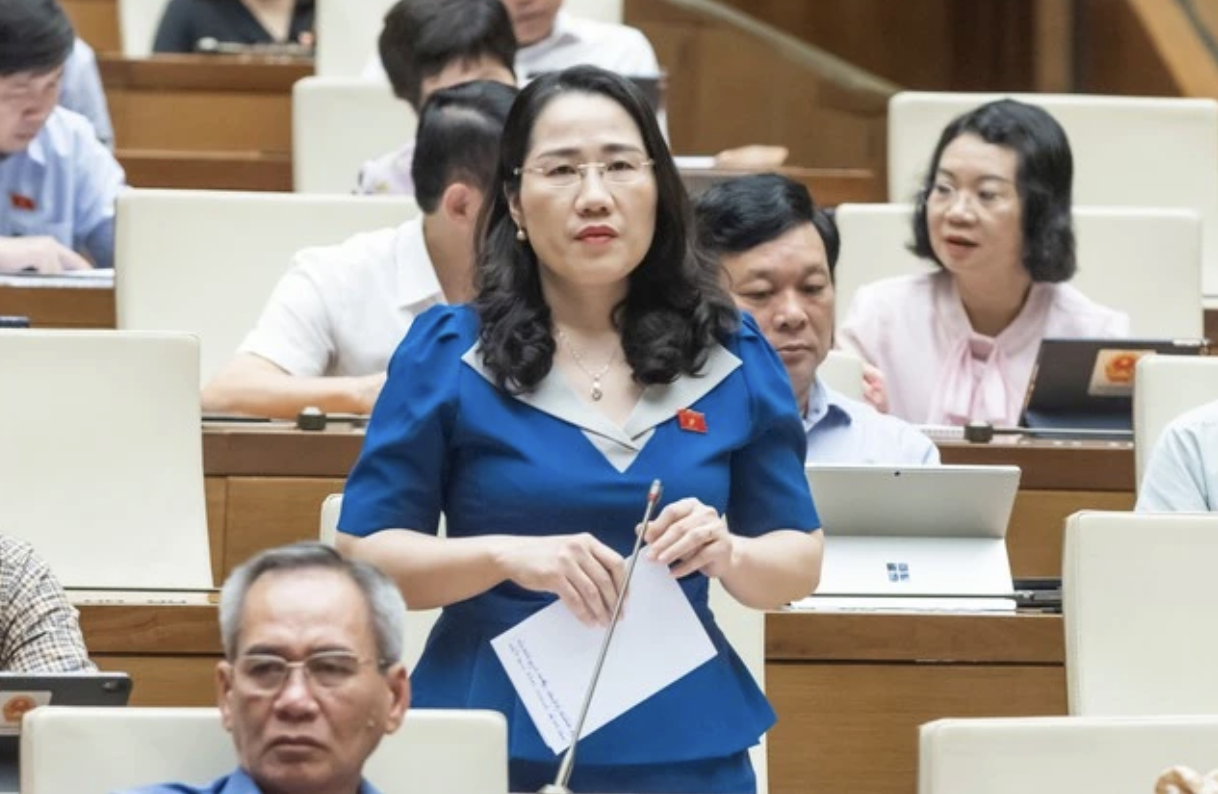

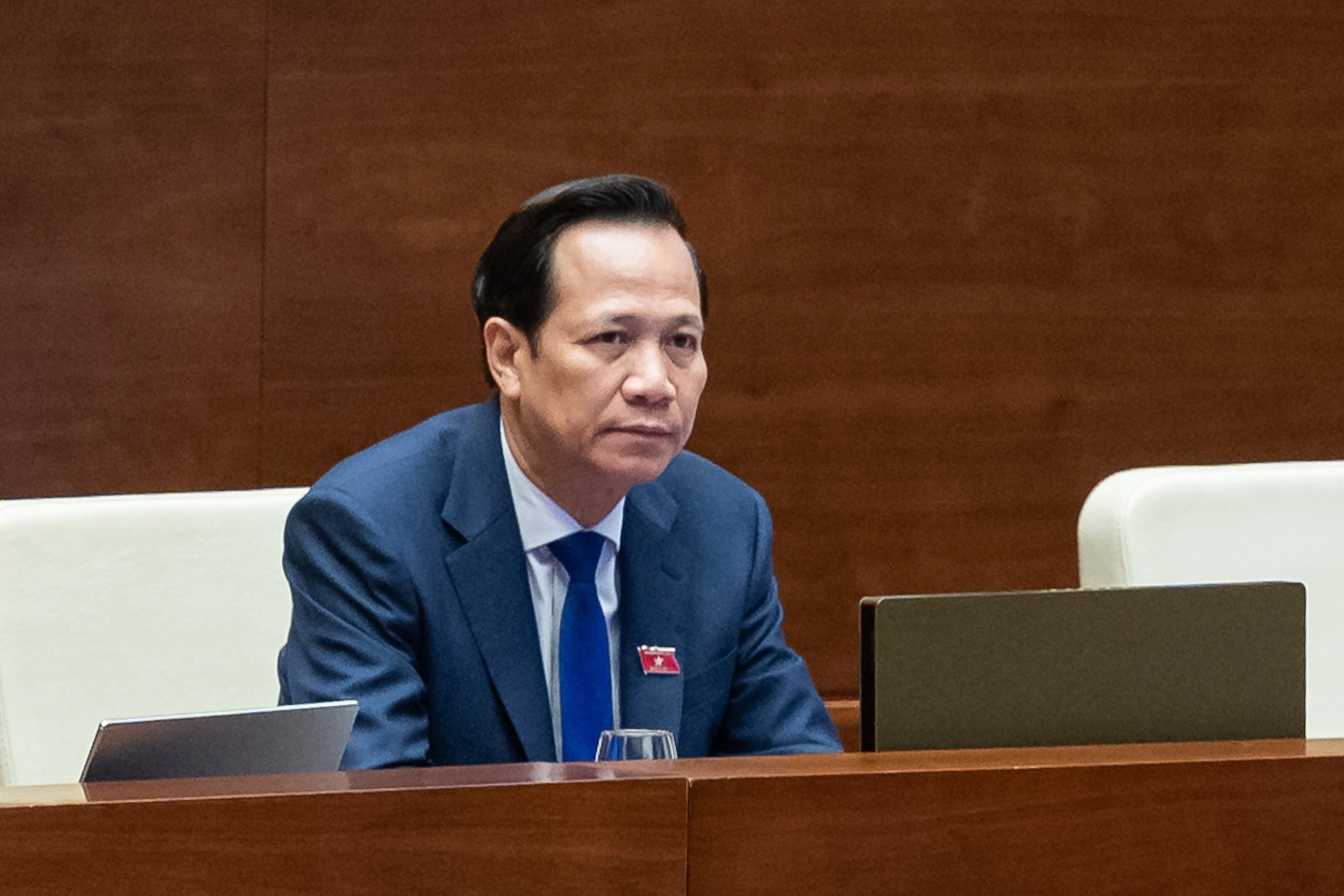
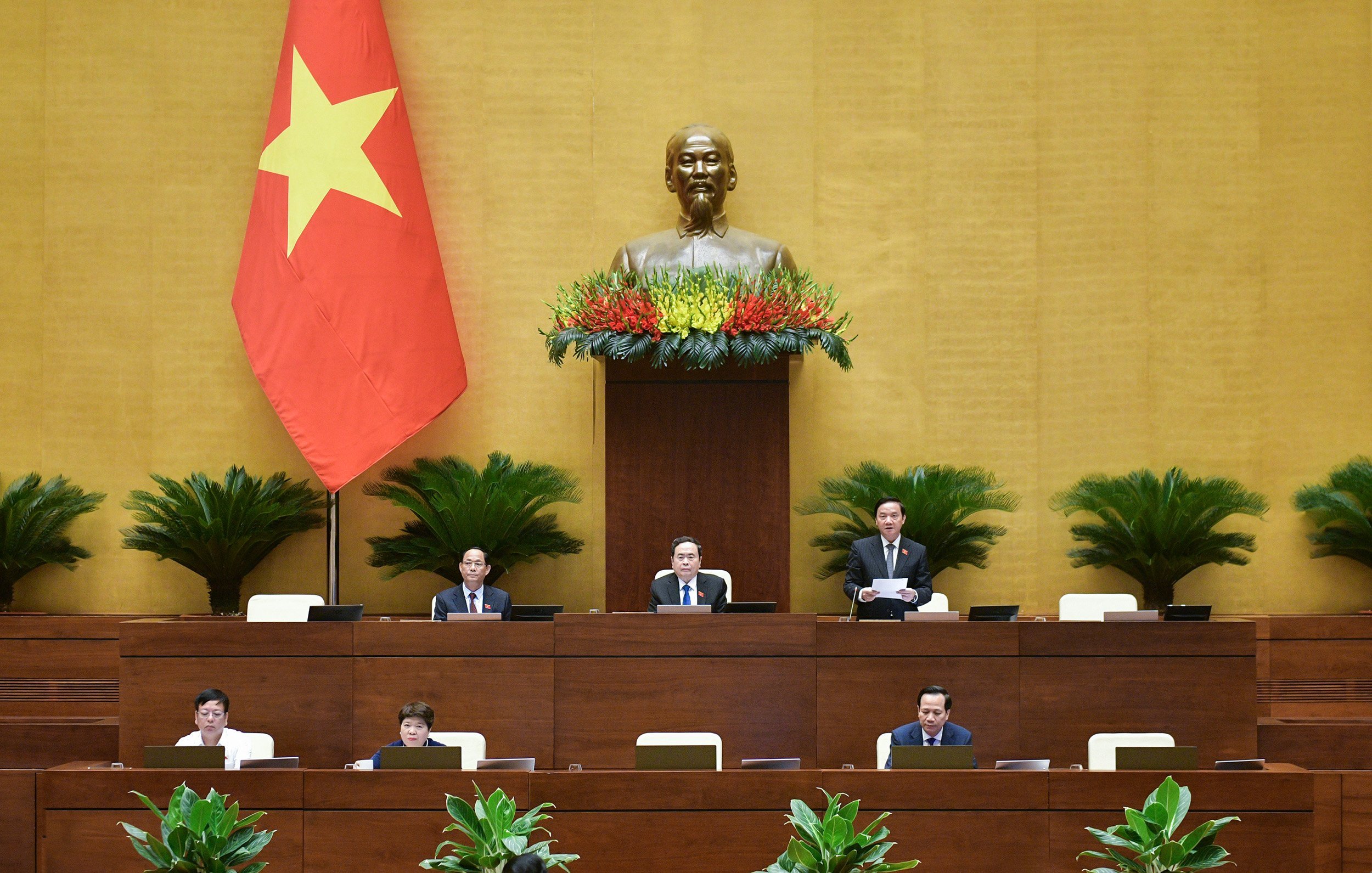




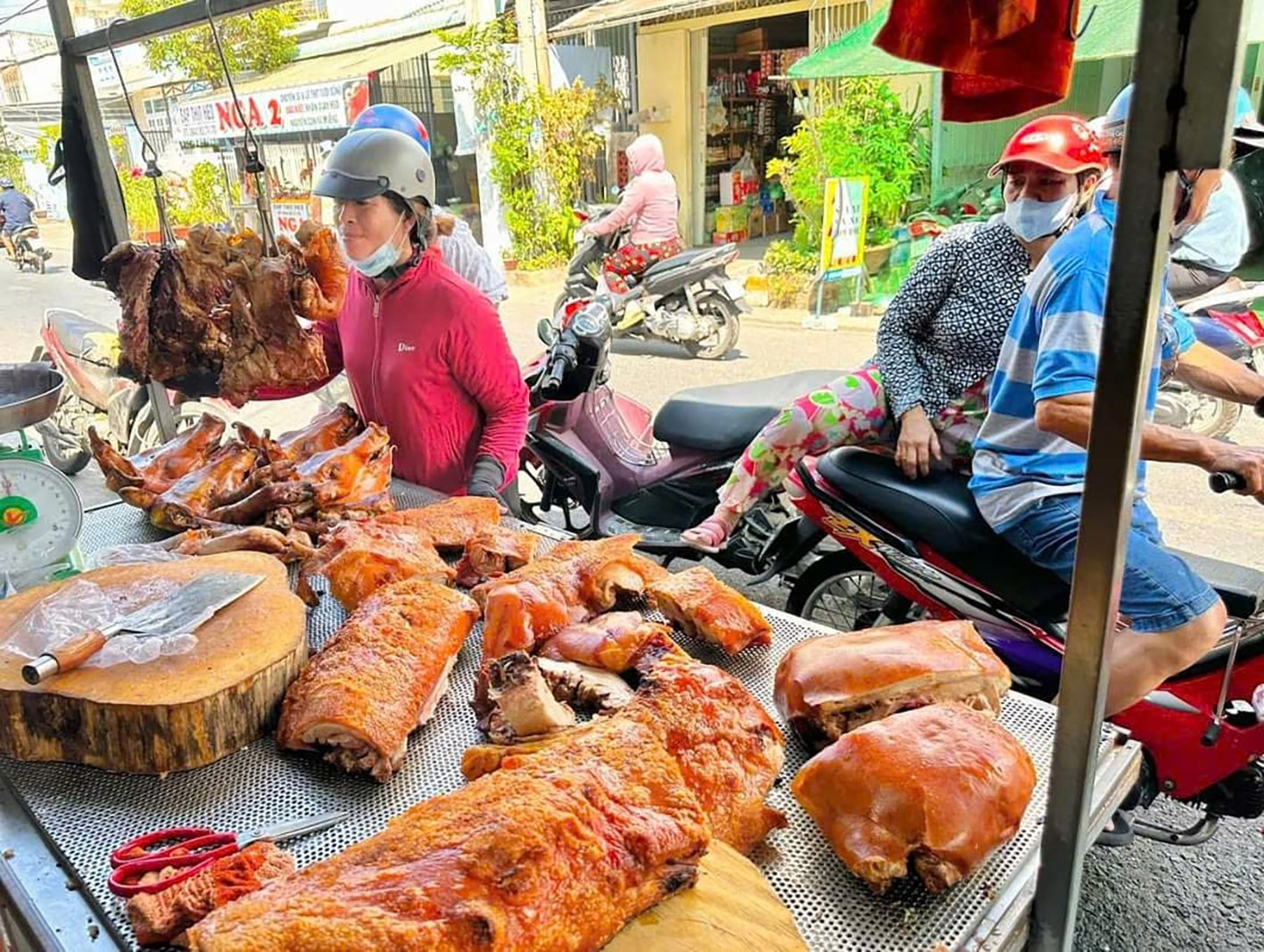

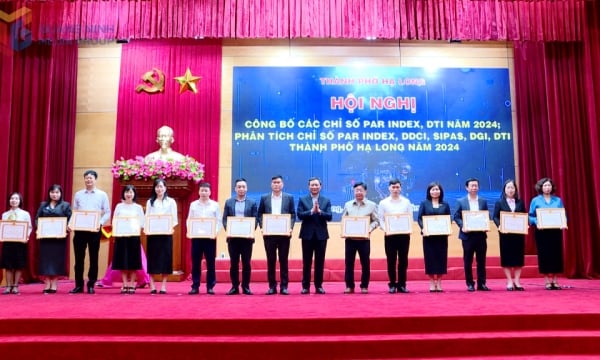




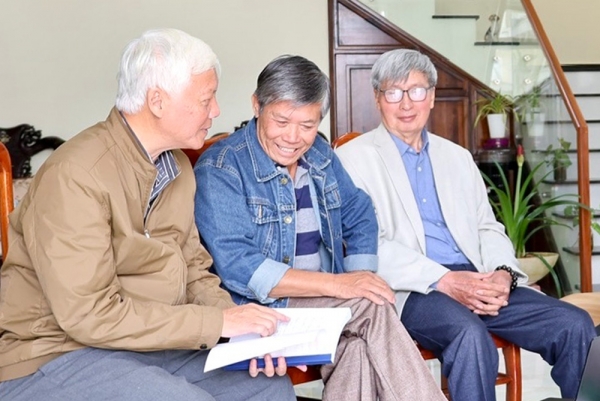
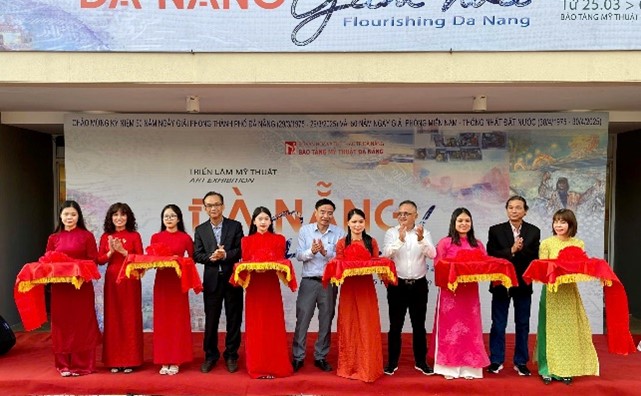
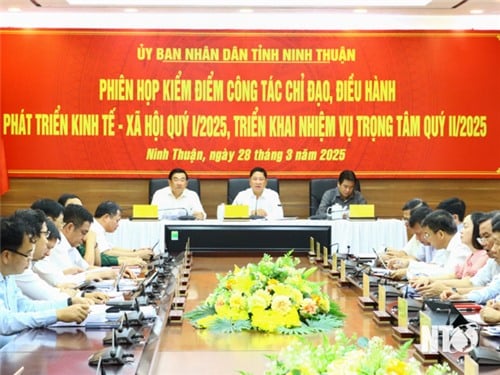
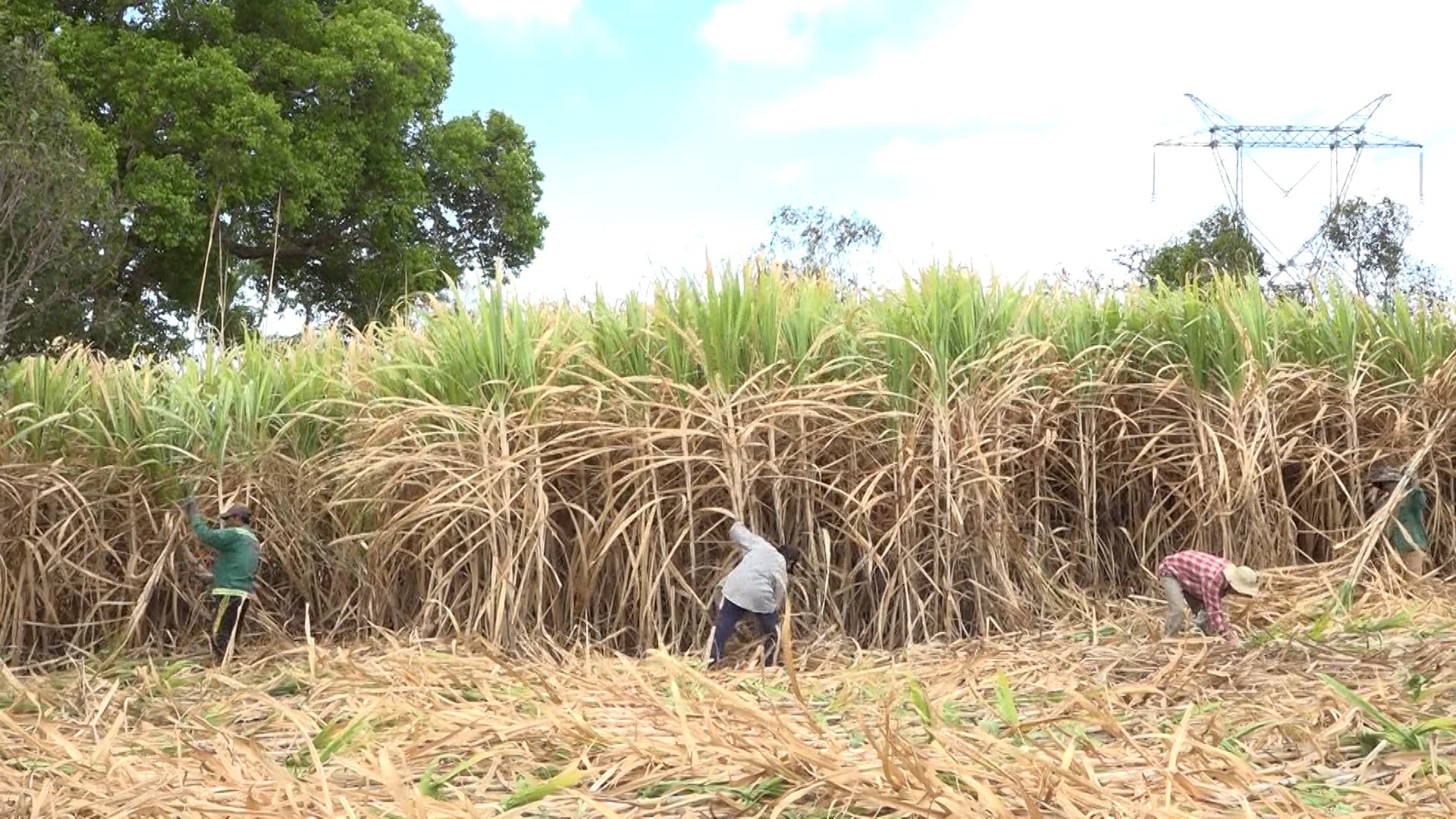
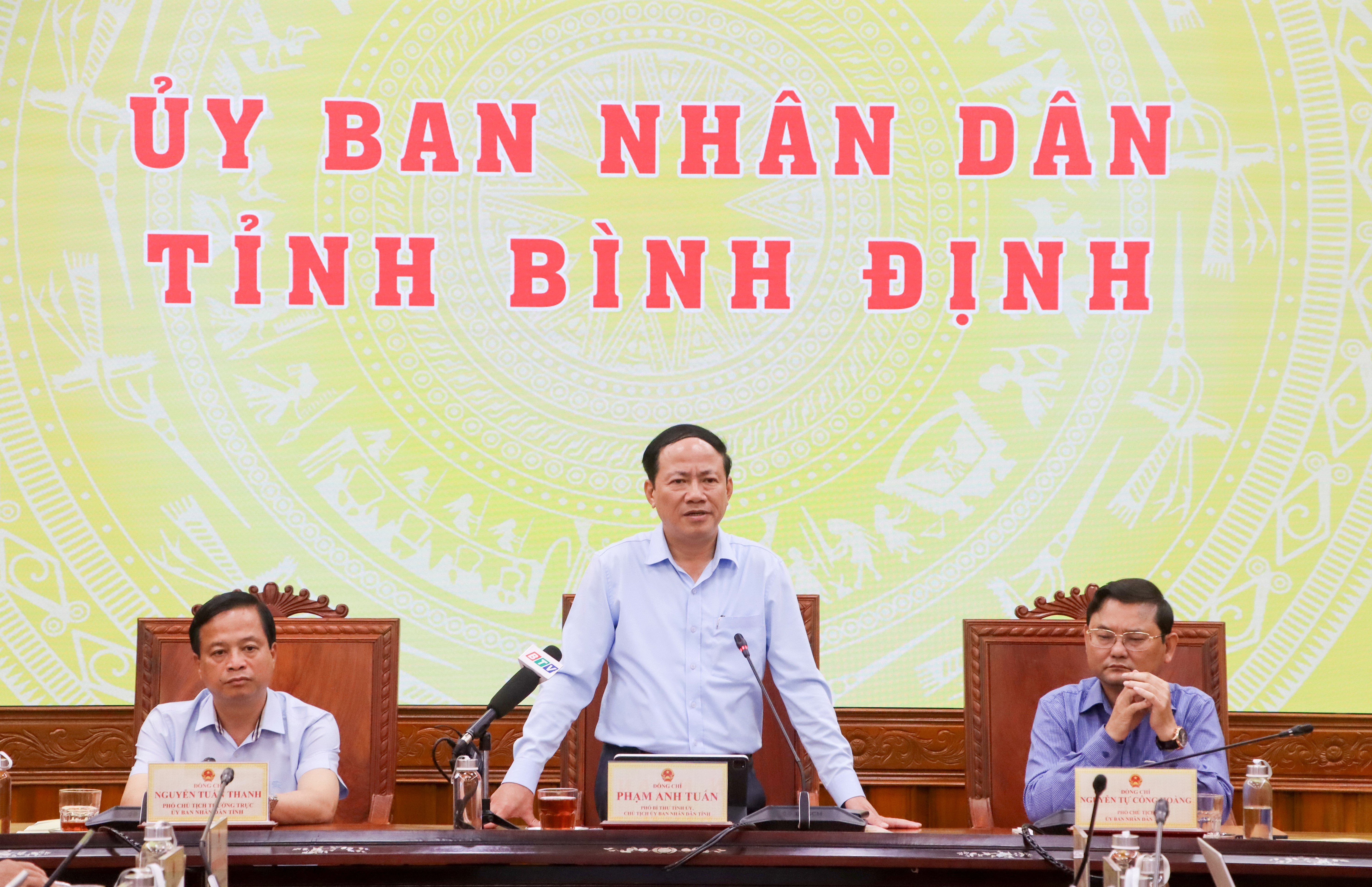
![[Photo] Relatives of victims of the earthquake in Myanmar were moved and grateful to the rescue team of the Vietnamese Ministry of National Defense.](https://vstatic.vietnam.vn/vietnam/resource/IMAGE/2025/4/2/aa6a37e9b59543dfb0ddc7f44162a7a7)










































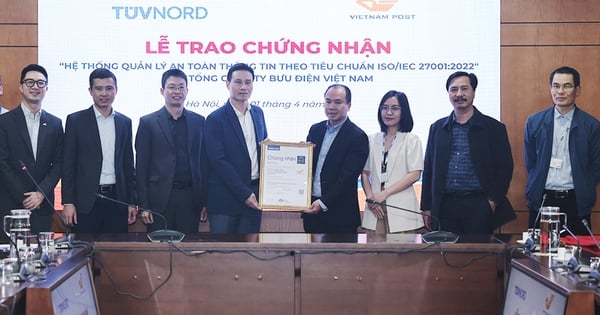

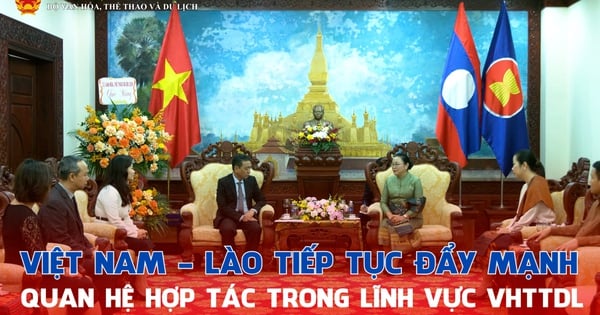


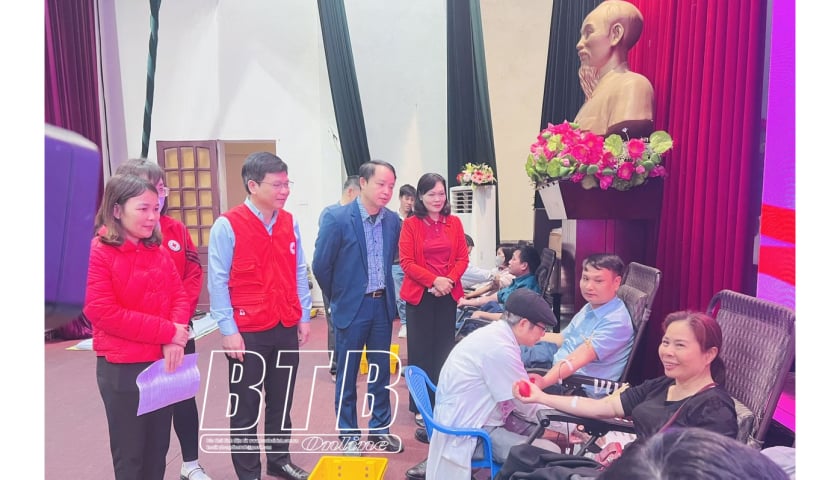

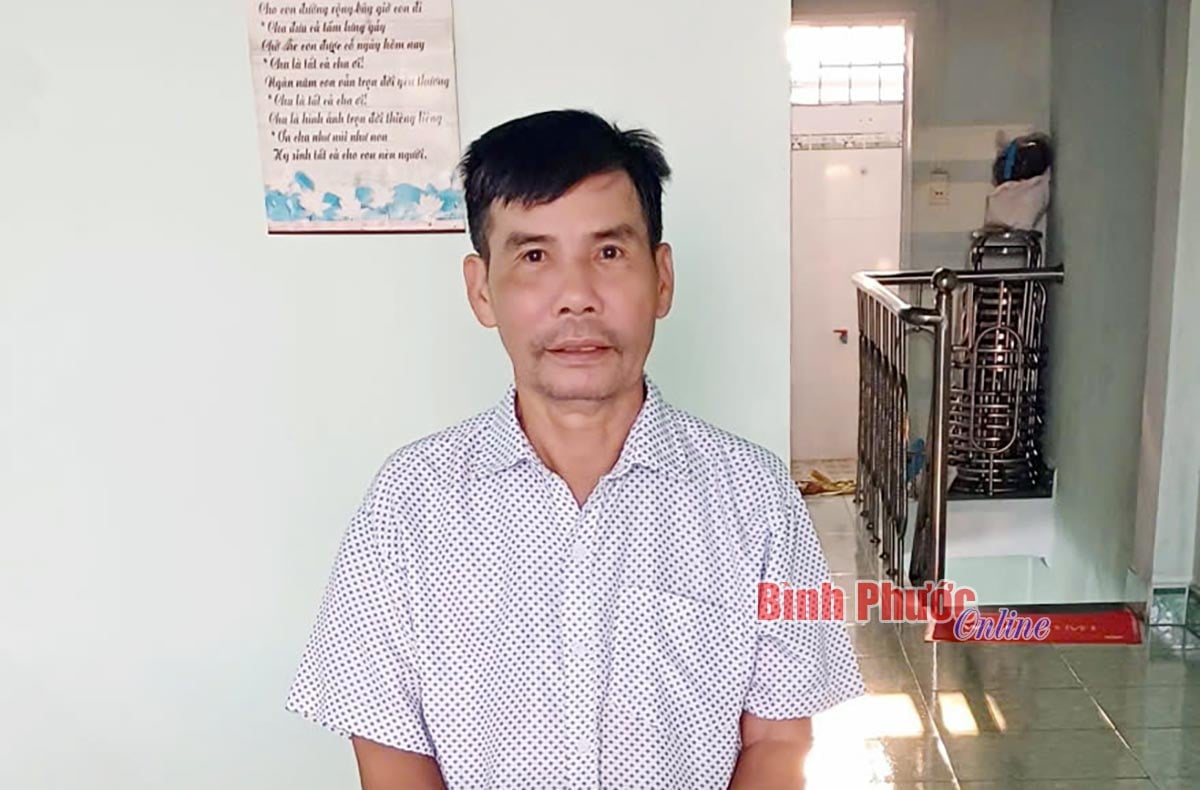












Comment (0)